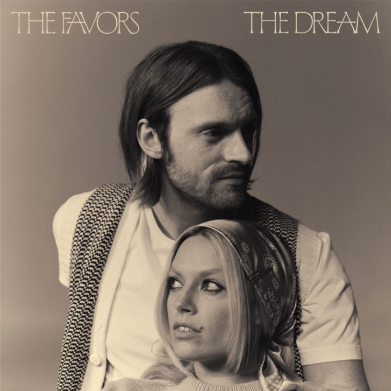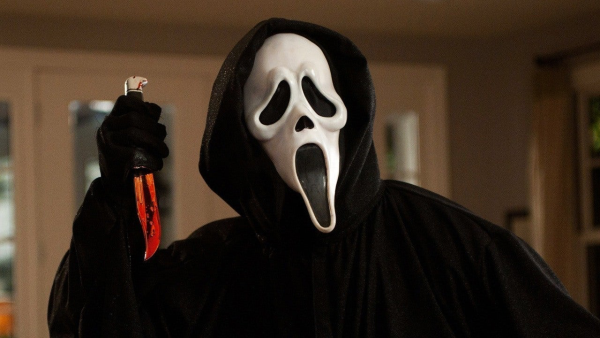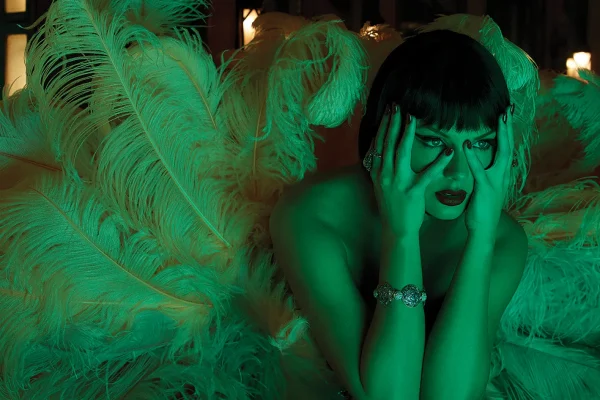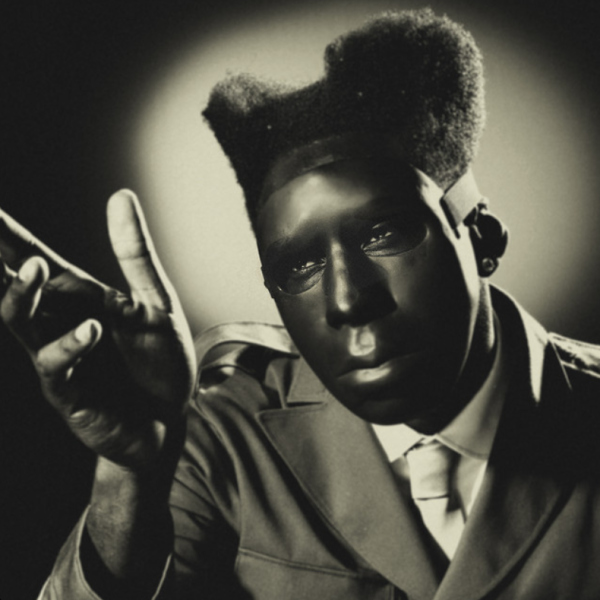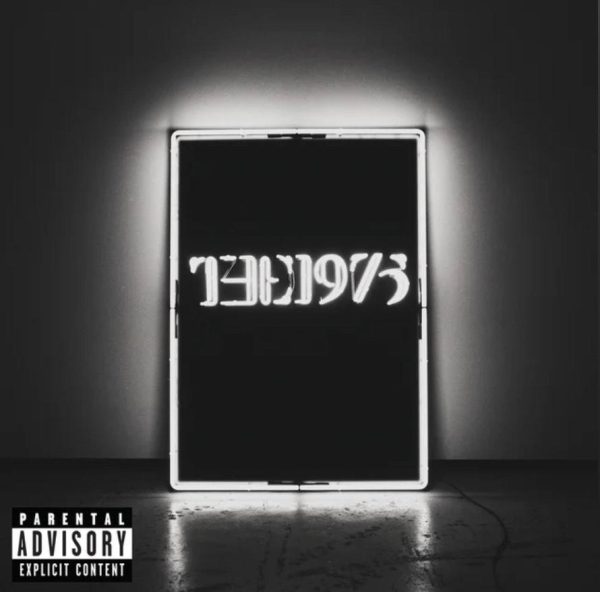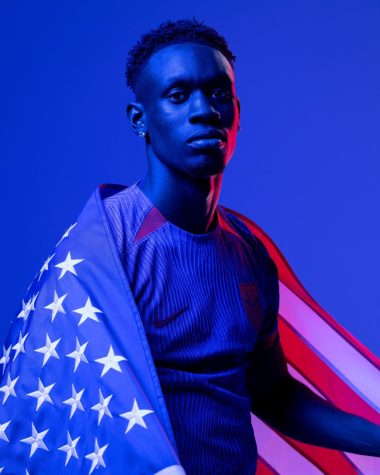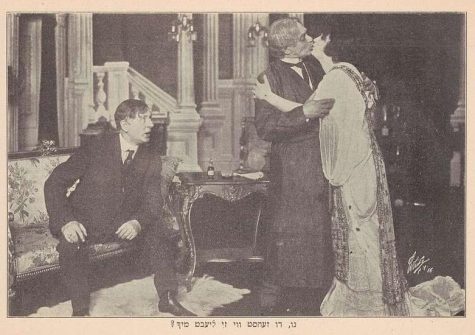Is Saturday Night Live culturally dead in the water?
In recent years, the late-night show has brought viewers more pain than laughter.
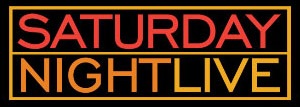
Acclaimed variety show Saturday Night Live has set the tone of American comedy for decades, yet is losing support over several tone-deaf and offensive jokes in recent months.
Saturday Night Live is a name that has long been synonymous with the height of comedy. Airing for the first time in 1975, the show has become a household name across America. Airing weekly widely recognized skits, a rotating cast of gifted comedians and musical showcases by acclaimed performers, SNL has established a legacy that has influenced comedy for generations.
The appeal of a show like SNL, especially in the seventies, lies in the controversial aspect of the comedy. Jokes that are just shy of the “too-far” mark are what has propelled both the show and individual comedians who have worked on SNL to global success. The content on SNL ranges from subtle satire to obvious, almost slapstick-style comedy and this variety is what has captured the attention of viewers and kept the show relevant today.
The premiere of the 45th season of SNL saw a thirty percent decrease in viewership in the 18 to 45-year-old demographic, following a trend of declining viewership in the previous decades. In its current season, SNL has appeared to lose the critical combination of hilarity and risqué wit that fans have long enjoyed.
The variety show has had several instances of jokes being criticized by the general public, but in recent years the question of whether or not the comedy of SNL is culturally relevant has been raised.
SNL has missed the mark with several jokes that when taken at face-value are inherently transphobic. The transgender community expressed outrage after Micheal Che, the co-host of the show’s “Weekend Update” segment, referred to Caitlyn Jenner by her deadname (name before her transition), and intentionally misgendered her through the entire joke.
Academy-Award nominee Adam Driver perpetuated the rumors of tone-deaf material on SNL with a comment about extending his monologue at the beginning of a show in order to avoid a sketch he deemed “transphobic.” There is some debate on whether his comment was intended as a joke, one news outlet reminded viewers to take all dialogue on SNL with a grain of salt.
Jokes like Che’s are not only offensive, but appear to be controversial in a way that is actually one hundred percent mainstream. SNL has long used controversy in society to fuel their content, but mocking the trans community illustrates a loss of originality in the writing of the show. The creative and outlandish aspects of the show have kept it afloat and garnered the support of millions of fans, but the use of offensive and unoriginal content appears to target an entirely different audience.
In September of 2019, one month before the infamous “Weekend Update” segment, SNL announced that comedian Shane Gillis would be joining the show alongside the first openly gay, Asian cast member, Bowen Yang. Gillis was fired days after being hired due to a podcast he had attempted to scrub off the internet, resurfaced. In several clips from program, Gillis and his co-host Matt McCusker made racist jokes imitating Asian people, and mocking transgender people, referring to them as “ladyboys.” Though SNL cut ties with Gillis, his being hired in the first place was a serious error on the part of the show and raises questions as to what the show truly stands for.
SNL has set the tone of comedy for decades, but has been reminded in recent months that discrimination and invalidating the existence of an entire community cannot be excused as “satire.” American culture has become far more inclusive, and while SNL remains one of the most popular late-night specials on television, the show will have to work harder to prevent becoming culturally dead in the water.
Email Shiloh at slclark@umass.edu or follow her on Twitter @shilohlaclair.

